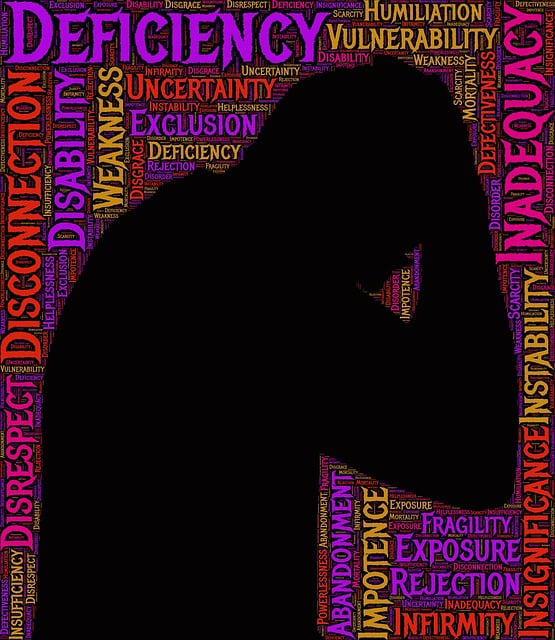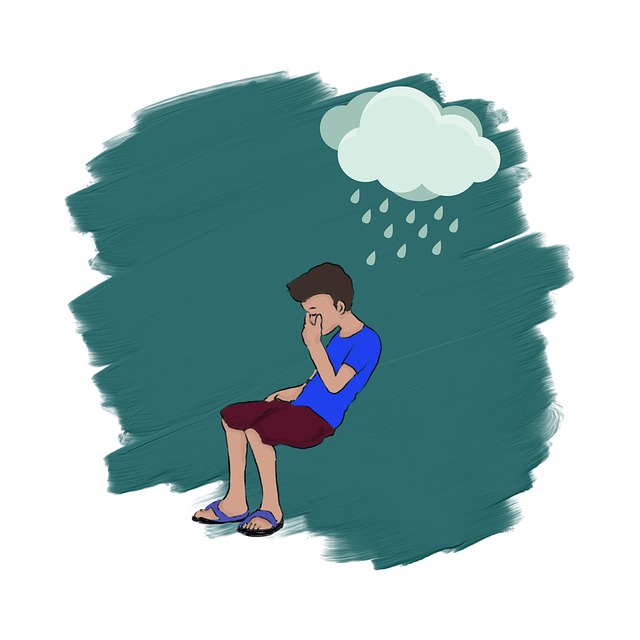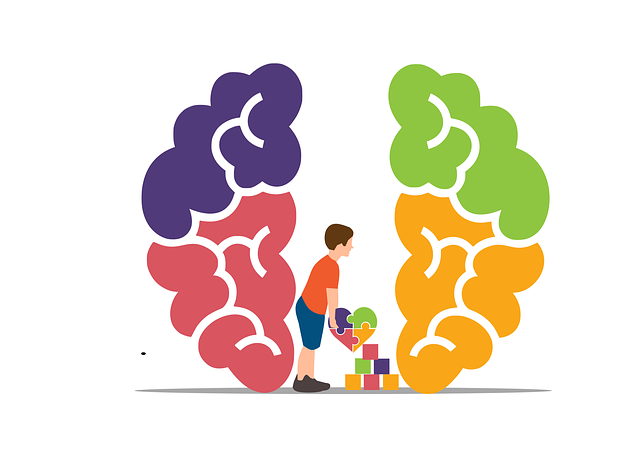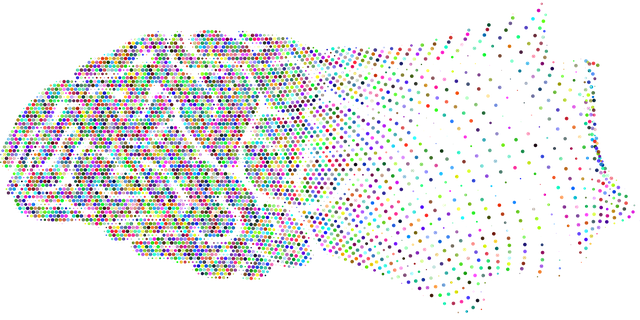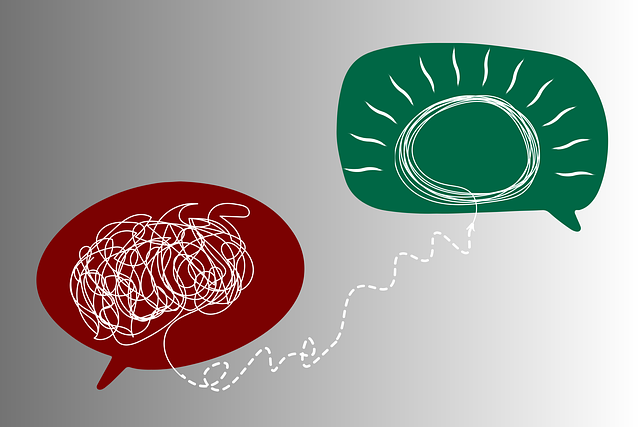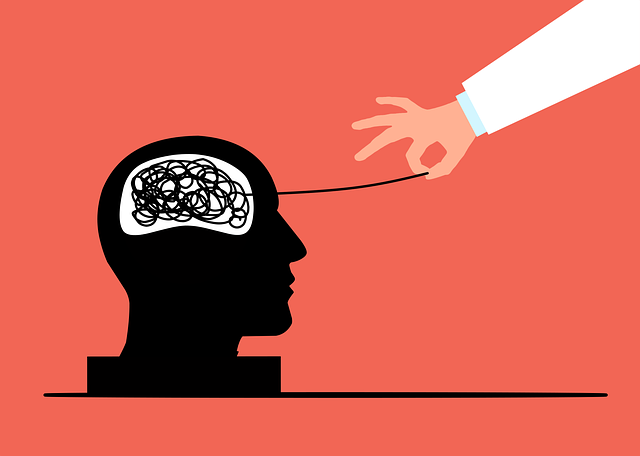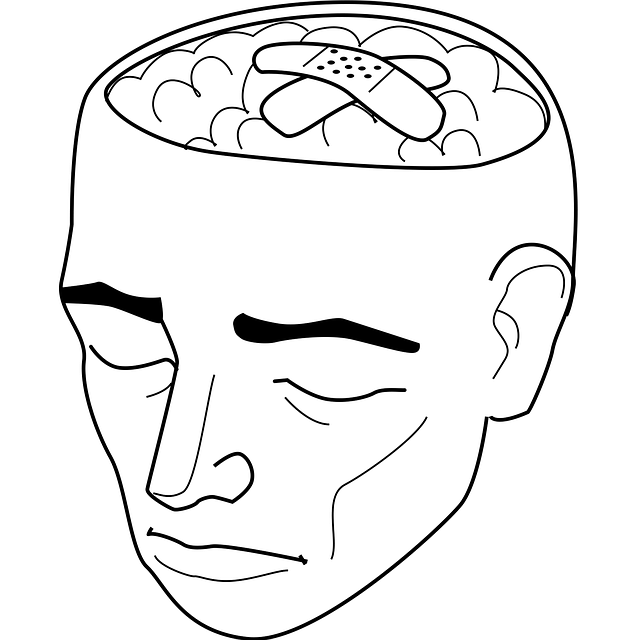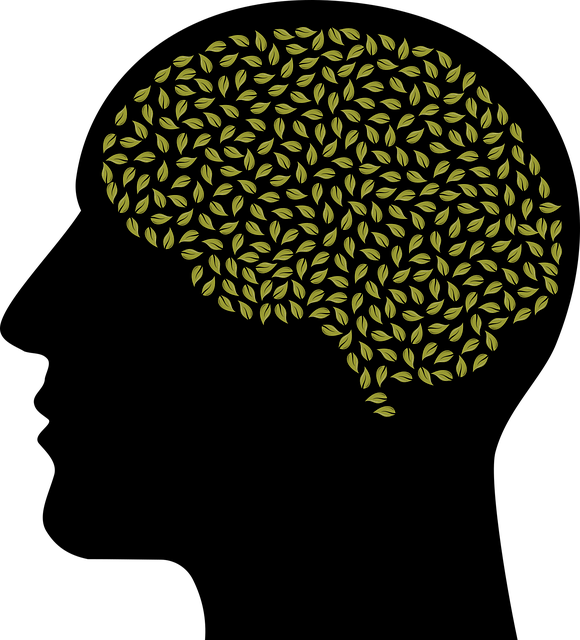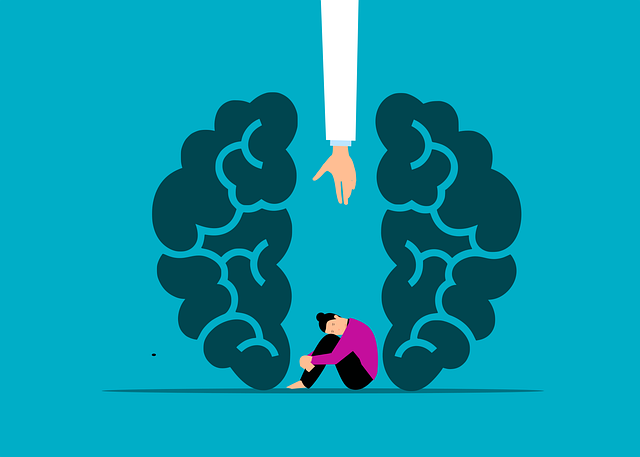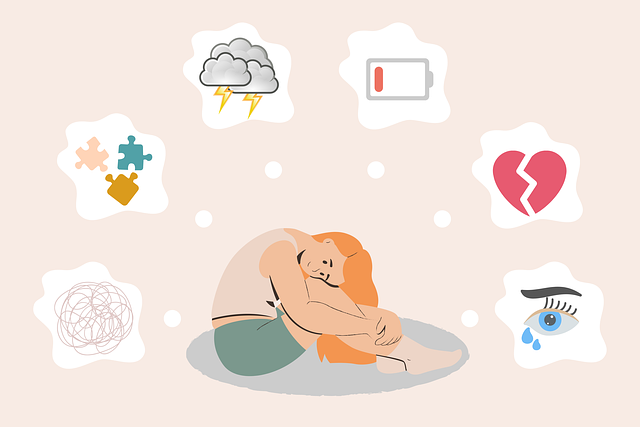Lone Tree Anger Management Therapy offers crisis intervention services using evidence-based practices like mindfulness and CBT to help clients manage anger, reduce trauma, and build resilience. Their holistic approach includes identifying triggers, burnout prevention for healthcare providers, social skills training, and post-crisis support through self-care routines and community measures. This comprehensive strategy distinguishes Lone Tree Anger Management Therapy in promoting long-term mental well-being.
In the face of crises, effective intervention strategies are paramount. This article offers a comprehensive guide through the intricate landscape of crisis intervention, focusing on the role of specialized therapies like Lone Tree Anger Management Therapy. We explore key aspects from understanding crisis dynamics to post-intervention support, highlighting essential techniques for navigating these challenging situations. By delving into identifying triggers and implementing evidence-based strategies, this resource equips professionals and caregivers with vital tools for effective crisis management.
- Understanding Crisis Intervention: A Brief Overview
- The Role of Lone Tree Anger Management Therapy
- Identifying Signs and Triggers for Interventions
- Techniques and Strategies in Crisis Management
- Post-Intervention Support and Prevention Measures
Understanding Crisis Intervention: A Brief Overview

Crisis intervention is a crucial process aimed at providing immediate support and guidance during moments of intense distress or traumatic events. It involves strategic techniques to help individuals navigate and overcome seemingly insurmountable challenges, such as anger management issues that may arise from past traumas. At Lone Tree Anger Management Therapy, our experts understand the significance of swift action in mitigating the impact of crises.
Through a combination of evidence-based practices, therapists facilitate a safe space for clients to express their emotions, develop inner strength, and acquire practical tools for managing crises. This includes techniques like mindfulness meditation and anxiety relief strategies that empower individuals to confront challenging situations head-on. By integrating these interventions, we aim to foster resilience and promote long-term well-being, ensuring individuals can lead fulfilling lives free from the burden of past traumas.
The Role of Lone Tree Anger Management Therapy

Lone Tree Anger Management Therapy plays a pivotal role in crisis intervention strategies, offering effective guidance for individuals grappling with anger-related issues. This specialized therapy focuses on helping clients understand and manage their anger constructively, thereby reducing the risk of destructive behaviors during crises. By employing evidence-based techniques, such as cognitive behavioral therapy (CBT) and mindfulness meditation, therapists enable participants to gain insights into the underlying causes of their anger and develop healthier coping mechanisms.
In the context of crisis intervention guidance, Lone Tree Anger Management Therapy addresses not only the immediate symptoms of anger but also contributes to long-term depression prevention. Through tailored interventions, clients learn to recognize triggers, regulate emotions, and de-escalate conflicts peacefully. This proactive approach not only enhances overall well-being but also empowers individuals to navigate challenging situations with greater resilience and self-control, ultimately fostering a more balanced and peaceful mind in the midst of crisis.
Identifying Signs and Triggers for Interventions

Identifying signs and triggers for interventions is a crucial step in crisis intervention strategies. Individuals experiencing a mental health crisis may exhibit a range of behaviors, from sudden changes in mood and personality to physical symptoms like rapid heartbeat or insomnia. At Lone Tree Anger Management Therapy, we recognize that these signs can vary greatly depending on the person and their specific situation. By staying vigilant and educated about potential triggers, therapists and support staff can proactively respond to crises before they escalate.
Understanding burnout prevention is vital in this context. In the realm of mental health support, recognizing early signs of burnout among both clients and care providers can be a game-changer. Incorporating strategies such as Mental Wellness Coaching Programs Development can foster resilience and promote better coping mechanisms. Additionally, conducting regular Mental Health Policy Analysis and Advocacy ensures that effective interventions are not only implemented but also sustained, contributing to a holistic approach to crisis management.
Techniques and Strategies in Crisis Management

In crisis intervention, a range of techniques and strategies are employed to help individuals navigate tumultuous situations effectively. One proven method is Lone Tree Anger Management Therapy, which focuses on teaching clients to recognize and control their anger in a safe environment. This therapy helps individuals understand the underlying causes of their anger, providing them with tools to manage intense emotions. Additionally, incorporating Burnout Prevention Strategies for Healthcare Providers can significantly enhance crisis management. By fostering self-awareness through exercises that promote introspection, healthcare professionals can better cope with high-stress environments and avoid burnout.
Social skills training is another valuable component, teaching individuals how to communicate their needs assertively and resolve conflicts peacefully. These strategies empower people to handle crises not just as they occur but also by preventing them from escalating. Through a combination of these techniques, crisis management becomes more proactive, ensuring that individuals have the necessary tools to navigate life’s challenges calmly and constructively.
Post-Intervention Support and Prevention Measures

After a crisis intervention, providing ongoing support is vital to prevent future occurrences and promote recovery. This post-intervention phase plays a crucial role in fostering resilience and mitigating potential triggers that could lead to another emergency situation. One effective approach is integrating self-care practices into an individual’s routine, ensuring they have the tools to manage their mental wellness independently. For instance, encouraging regular therapy sessions, whether through Lone Tree Anger Management Therapy or other specialized programs, can help individuals process emotions and develop healthy coping strategies.
Additionally, implementing prevention measures within the community or workplace can create a supportive environment. This includes offering Mental Wellness Coaching Programs Development tailored to specific needs, promoting peer support networks, and encouraging open discussions about mental health. By combining these strategies with Self-Care Routine Development for Better Mental Health, individuals can gain long-lasting skills to navigate challenging situations, reducing the likelihood of future crises.
In conclusion, effective crisis intervention requires a multifaceted approach. From understanding the basics of crisis intervention to utilizing specific techniques like Lone Tree Anger Management Therapy, each step plays a crucial role in managing and mitigating high-pressure situations. Identifying signs and triggers early on is essential for proactive interventions, while post-intervention support and prevention measures ensure lasting positive outcomes. By combining these strategies, individuals and communities can navigate crises more effectively, fostering a safer and more supportive environment for all.
